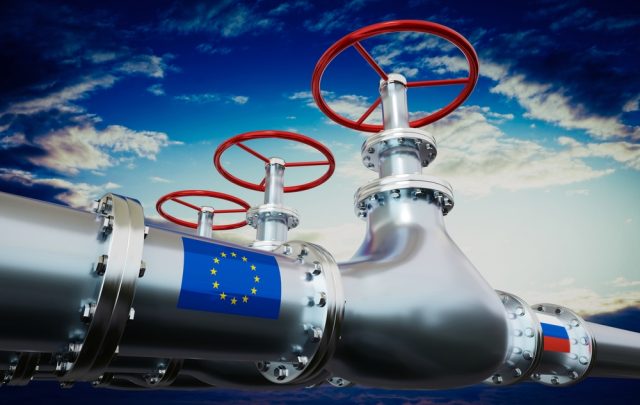
The European Council was held on 20-21 October. During the meeting, the leaders of the member countries of the European Union discussed the package of measures against the energy crisis. After having found an agreement in principle, now is the time to get to the heart of the measures by moving to the technical aspects. The first summit attended by the 27 ministers responsible for energy have a common goal: to have the final go-ahead on November 24th during the next extraordinary Council. Jozef Sikela, Minister of Industry of the Czech Republic and temporary president of the EU Council, declared that the choice to hold an extraordinary ministerial summit in November is precisely in order to be able to adopt the package of measures proposed by the Commission at the end of October. If an agreement has not yet been found in November, it will be possible to do so at the ordinary council called on December 19.
What is being discussed?
There are several arguments where, however, it is necessary to find an agreement: the famous dynamic “price cap” for the increase in gas prices for transactions on the gas exchange in Amsterdam. Create a legal basis that allows joint gas purchases to be adopted and made mandatory. Finally, study new solidarity rules between member states.
In the last meeting, the focus was mainly on the desire to focus on joint gas purchases. “We are ready to buy 13.5 million cubic meters of gas for next season,” said Kadri Simson, European Commissioner for Energy. “Even more if the member countries want”, he reiterated. This is because it is necessary to “join forces on the global market”. Gilberto Pichetto Fratin, the new Italian Minister for the Environment and Energy Security, explained that the priority is to protect families and businesses. This is why it is necessary to intervene as soon as possible with regard to the price emergency.
Furthermore, the Czech minister Sikela explained that the twenty-seven ministers commonly supported the introduction of a dynamic corridor to avoid peaks in case of panic on the markets. At the same time, however, not everyone agrees on the gas price ceiling and “the FTF correction mechanism”.
The Iberian model
A non-paper was circulated in which the cost-benefits of introducing the Iberian subsidy mechanism at European level are analyzed: lowering the prices of electricity from all sources by subsidizing gas, that is the most expensive one.
According to the non-paper, member countries should pay their gas-fired power plants a subsidy that can cover the difference between the actual price of gas on the stock exchange the day before and a set price. In addition, the affected power plants would be obliged to reduce the selling price of electricity. In this way the subsidy not only reduces the price of gas sold by power plants but also the overall compensation price of the market. In this way, the revenues of power plants that produce electricity with different technologies are reduced.
According to the Commission, the introduction of the Iberian model would produce a net benefit of 13 billion euros, to which must be added the 70 billion euros of the infra-marginal ceiling.
Criticalities
The first problem that arises is the cost of the measure for the Member States. Germany, the Netherlands and Italy would be the most affected. Another risk is the increase in gas consumption. It could go from 5 to 9 billion. Furthermore, a possible “increase in subsidized electricity flows to third countries” should not be underestimated. In this case, the leading nations would be the United Kingdom and Switzerland.



 Subscribe
Subscribe